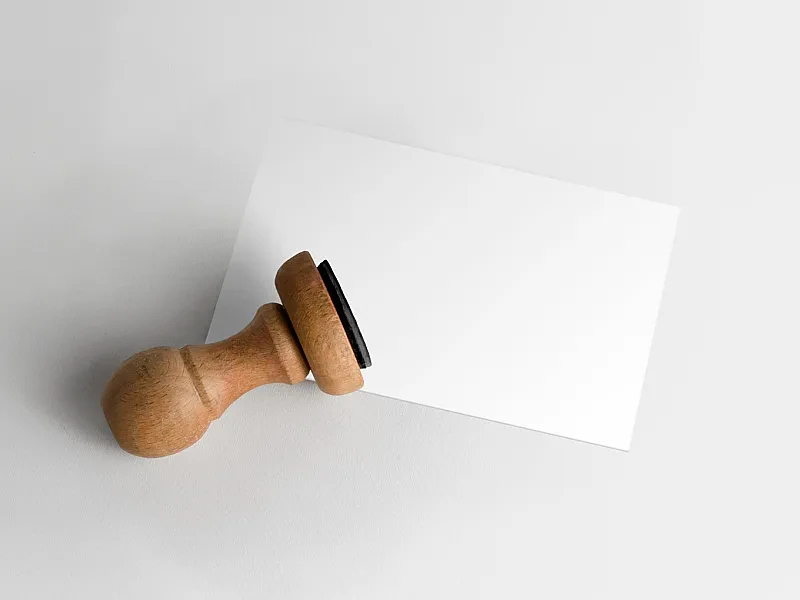
Stamps are a type of revenue or postal document that are used to indicate the payment of taxes, fees, or postage. Stamps are also a symbol of the state's authority and sovereignty. Therefore, any act that involves counterfeiting, tampering, or misusing stamps is considered a crime against the public interest and trust in Qatar.
The Penal Code of Qatar, which was issued by Law No. 11 of 2004, defines and regulates the offences and penalties related to stamps. The Penal Code was amended by Law No. 2 of 2020, which introduced some changes and updates to the provisions. The following are some of the main offences and penalties related to stamps in Qatar, according to the Penal Code:
• Counterfeiting stamps or using counterfeit stamps: This offence occurs when a person, with the intention of using as genuine, counterfeits, attempts to counterfeit, purchases, sells, exchanges, exports, or imports a counterfeit stamp, or uses or attempts to use as genuine, or possesses, such stamp. A stamp is defined as a postal stamp or other revenue stamp to be affixed to a document, and this term also includes the sign of a stamp affixed to or printed on an envelope, post letter or any other object or a sticker to be used for the purpose of stamp. A counterfeit stamp is defined as a forged stamp made in an unauthorized manner so that it resembles a genuine stamp, and this term also includes a stamp that has once been used. The penalty for this offence is imprisonment for a term not exceeding five years and a fine not exceeding fifty thousand Qatari Riyals (QAR).
• Re-using stamp used before: This offence occurs when a person, knowing that any stamp is a stamp already used before, re-uses as genuine such stamp or erases, effaces or removes any seal or mark put or impressed upon any stamp with the intention of using it as genuine or attempts to do so. The penalty for this offence is imprisonment for a term not exceeding one year and a fine not exceeding ten thousand QAR or both.
• Removing from public document stamp used for it: This offence occurs when a person removes, or attempts to remove, from a public document a stamp which has been used for it. A public document is defined as any document issued by an official authority in its official capacity or any document that has legal effect. The penalty for this offence is imprisonment for a term not exceeding six months and a fine not exceeding five thousand QAR or both.
• Purchasing, selling, repairing instruments for counterfeiting stamps: This offence occurs when a person makes, repairs, purchases, sells, exchanges, possesses any machinery or other instrument knowing or having reasonable ground to believe that it is intended to be used for the purpose of counterfeiting any stamp. The penalty for this offence is imprisonment for a term not exceeding five years and a fine not exceeding fifty thousand QAR.
Any stamp, tool, instrument or other material related to the commission of any offence related to stamps shall be forfeited by the state. No complaint shall lie after the expiry of one year from the date of knowledge of commission of any offence related to stamps.
The offences and penalties related to stamps in Qatar are aimed at protecting the state's revenue and reputation, as well as preventing fraud and deception. Therefore, anyone who deals with stamps should be aware of the legal provisions and consequences of violating them.
For more information on the Penal Code of Qatar and its amendments, you can visit the following links:
• Law No. 11 of 2004 Issuing the Penal Code
• Law No. 2 of 2020 amending certain provisions of the Penal Code
Conclusion: The offences and penalties related to stamps in Qatar are aimed at protecting the state's revenue and reputation, as well as preventing fraud and deception. Therefore, anyone who deals with stamps should be aware of the legal provisions and consequences of violating them.
Disclaimer: This article provides general information and should not be construed as legal advice. Please consult with a qualified and experienced lawyer for personalized guidance regarding your specific situation.
